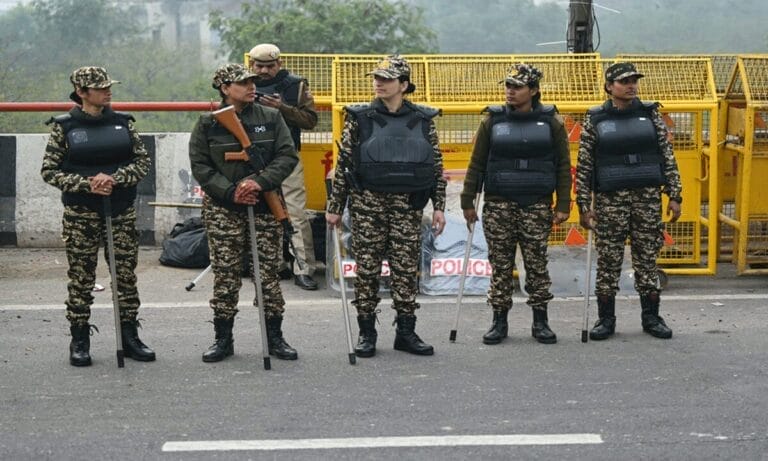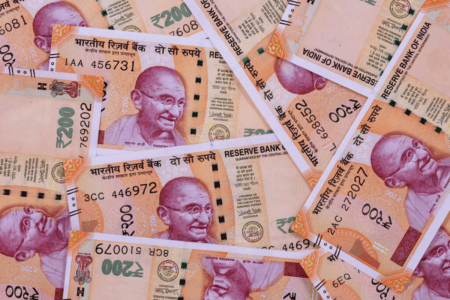Indian farmers press on with protests, demanding fulfilled promises on crop prices as elections loom.
Story Snapshots:
- Indian farmers continue their march to New Delhi after failed talks.
- The protests align with national elections, with farmers being a key voting bloc.
- Only a section of farmers from northern states is participating in the latest march.
- Farmers demand legislation for higher crop price guarantees.
- Police have enforced restrictions to prevent the protest from reaching the capital.
What demands are Indian farmers making, and what is their plan following unfruitful discussions with the government? Indian farmers are demanding that the government honor promises made in 2021 for better crop prices and double their income. Following unsuccessful talks, they plan to continue their protest march to New Delhi.
New Delhi is once again the focal point of agricultural unrest as Indian farmers plan to forge ahead with their protest march on Tuesday. This renewed demonstration comes after discussions with government ministers did not advance their concerns, including assurances for better crop prices pledged back in 2021—a promise that led to widespread protests.
Read: Gold Prices Stagnate as Market Awaits US Inflation Data
The timing of the march is critical, as it precedes national elections where Prime Minister Narendra Modi will seek a third term. The farmers’ bloc, influential in voting, could be pivotal. However, the current movement includes only a subset of farmers from several northern states.
Unions representing the farmers are pushing for the government to enact a law guaranteeing higher state support for crop prices. They strive to hold the government accountable for earlier commitments to double farmers’ incomes. According to Sarwan Singh Pandher of the Punjab Kisan Mazdoor Sangharsh Committee (KMSC), the Monday talks ended in a stalemate, with officials accused of procrastination on delivering on their promises.
Agriculture Minister Arjun Munda voiced optimism post-discussions, citing some resolved issues and the need for continued dialogue. He maintained that solutions are within reach through discussion.
In preparation for the march, police have taken measures to maintain order in New Delhi, prohibiting large gatherings and barricading routes from Punjab, where many protesters originate.
Despite these barriers, KMSC President Sukhwinder Singh Sabhra confirmed late Monday that farmers from key agricultural states like Punjab and Haryana are prepared to proceed to Delhi. This determination underscores the farmers’ resolve to secure better support from the government, which currently sets prices for over 20 crops yearly but mainly purchases rice and wheat at these rates, benefiting a mere fraction of the farming community.
Recalling 2021, the Modi administration retracted controversial farm laws after significant protests, promising to establish a panel to explore support prices for all agricultural produce. Yet, the farmers’ current actions reflect a deep dissatisfaction with the progress since then.
This standoff serves as a stark reminder of the ongoing challenges within India’s agricultural sector, the need for structural reforms, and the potential political ramifications as elections approach. The farmers’ relentless pursuit of their rights and a fair pricing structure remains a powerful narrative in India’s socio-political landscape.
What’s your take on this? Let’s know about your thoughts in the comments below!












